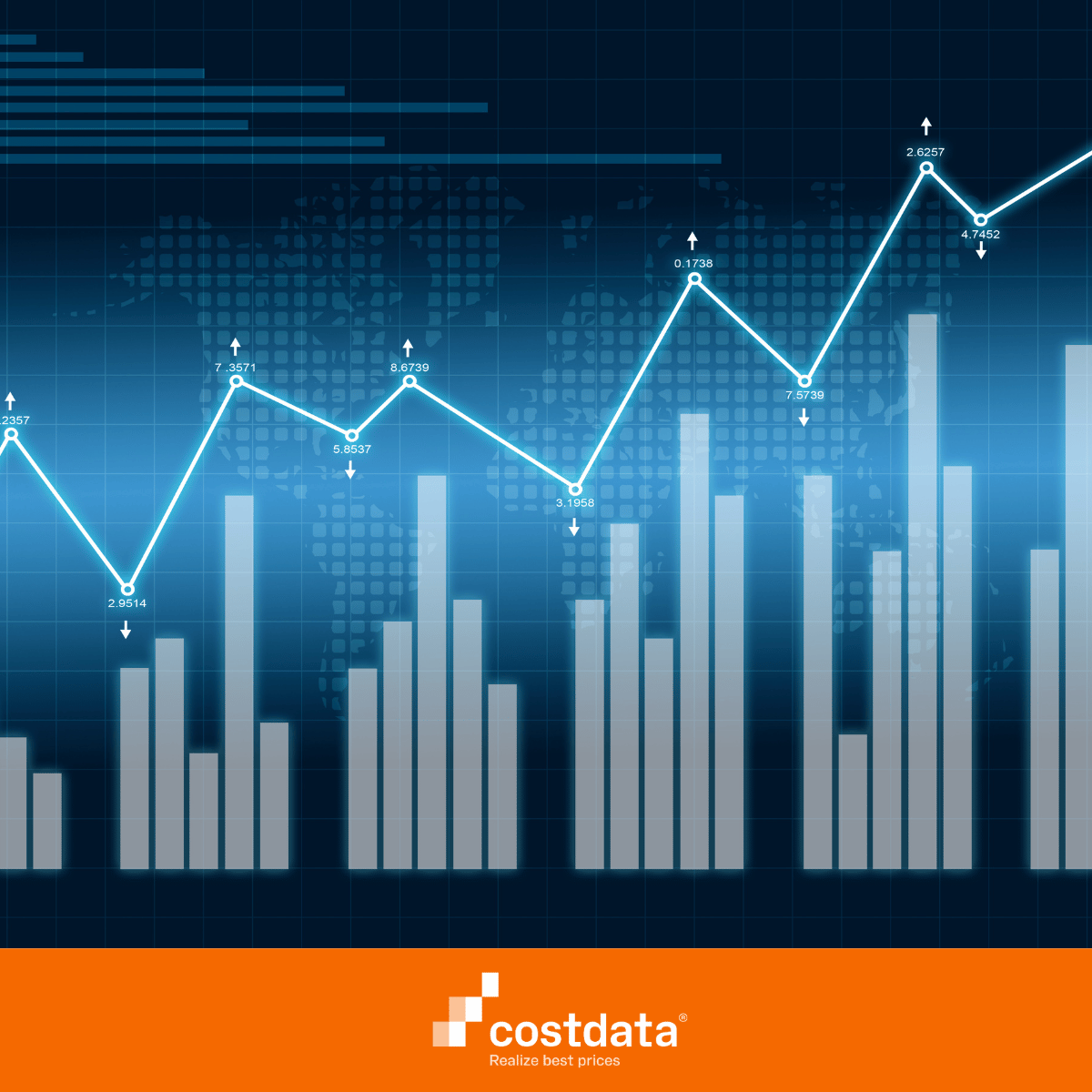Costing Benchmark Data: A key to cost optimization

In an increasingly globalized economy, it is crucial for companies to understand their cost structures precisely. Costing Benchmark Data provides the basis for analyzing expenses transparently and comparing them with industry averages. With the help of such data, companies get a clear overview of how they stand in competition and where there is potential for savings.
Why costing benchmark data is so important
Companies today are faced with the challenge of not only reducing their costs, but also increasing the efficiency of their processes. Costing Benchmark Data creates the necessary transparency here. If you know your production or administration costs in comparison to your competitors, you can take targeted measures to remain competitive. Especially in industries with high cost pressure, this knowledge becomes a decisive success factor.
Areas of application of costing benchmark data
Whether in the manufacturing industry, retail or the service sector - costing benchmark data can be used in a variety of ways. Companies can compare production costs with market standards, measure the efficiency of their supply chain or check administrative expenses. The comparison of costs also plays a central role in finance in order to optimally manage investments and realistically plan budgets.
Advantages for the corporate strategy
Those who systematically use costing benchmark data can not only reduce costs, but also make well-founded strategic decisions. For example, concrete recommendations for action can be derived by comparing energy costs, material usage or personnel expenses. This not only enables short-term savings, but also creates long-term competitive advantages. Companies that make use of such data secure a clear advantage over competitors who rely purely on internal calculations.
Future prospects of costing benchmark data
Digitalization is making costing benchmark data even more precise and accessible. Modern analysis tools make it possible to evaluate large volumes of data in real time and create industry-specific reports. This gives companies the opportunity to react flexibly to market developments. At the same time, the importance of data quality is increasing: only those who rely on valid and up-to-date costing benchmark data can benefit from the findings in the long term.
Strategic importance at a glance
Costing Benchmark Data is much more than a tool for cost control. It serves as a strategic lever to improve processes, deploy resources efficiently and secure competitiveness in the long term. Companies that rely on this data are laying the foundations for a successful future in an increasingly dynamic market environment.























































.svg)




















